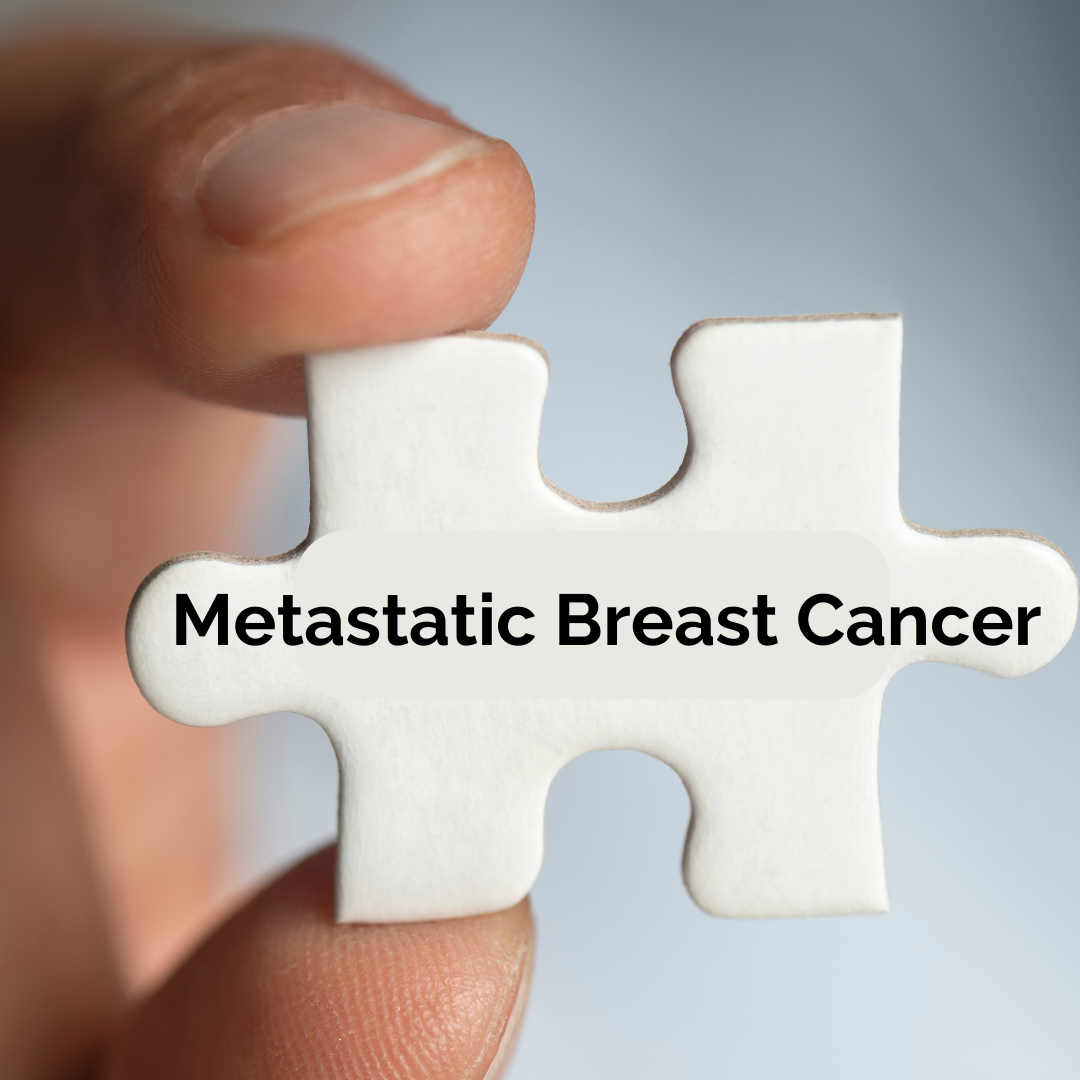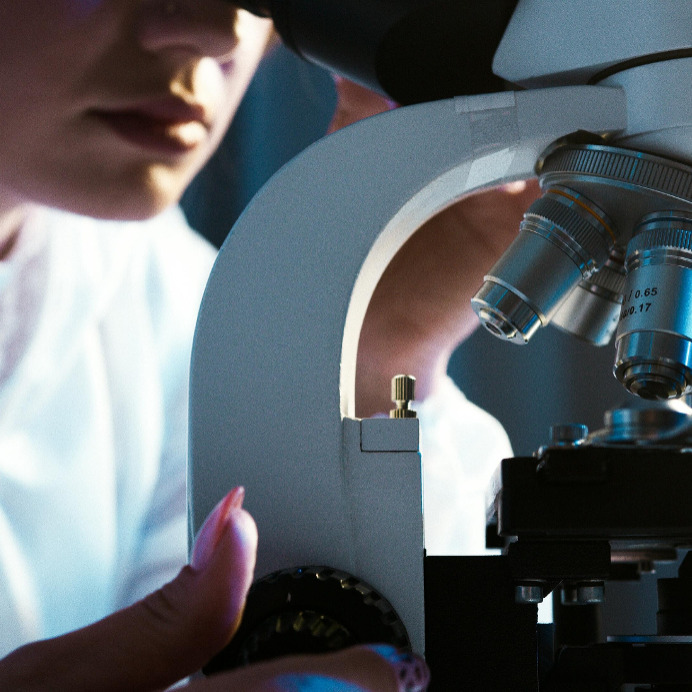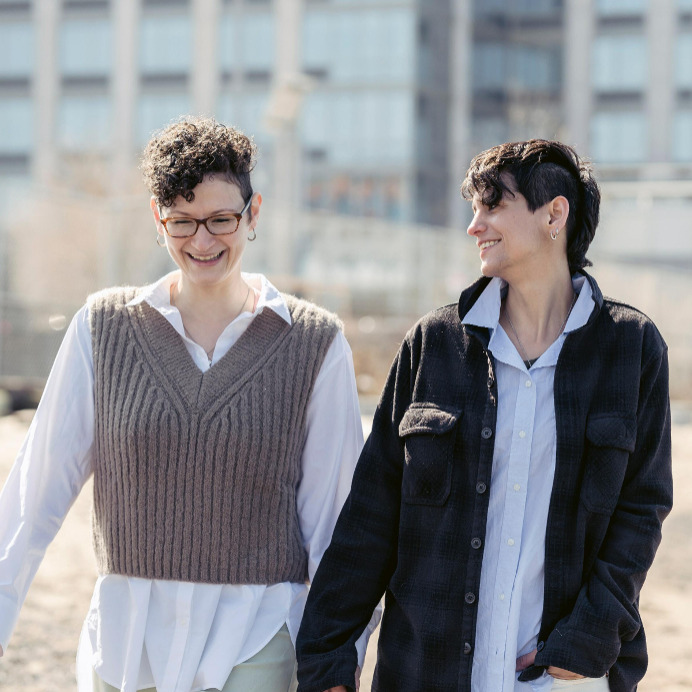By continuing to use our site, you consent to the processing of cookies, user data (location information, type and version of the OS, the type and version of the browser, the type of device and the resolution of its screen, the source of where the user came from, from which site or for what advertisement, language OS and Browser, which pages are opened and to which buttons the user presses, ip-address) for the purpose of site functioning, retargeting and statistical surveys and reviews. If you do not want your data to be processed, please leave the site.
The Voice of People With Breast Cancer
Education
Our Voices Blog
FinNav Five: Experiences, Services, And Travel Assistance
Depending on your situation, your financial needs can come in different forms, from needing money to pay for rent, to needing help with paying for treatments, to requiring help with parking costs when you go for cancer treatments. To highlight the various types of programs listed in FinancialNavigator, we have put together this blogpost series.
Support Matters. How You Can Support Yourself & Other Breasties
During treatment, when I laid on the couch or in bed recuperating, I found support in a promise to seek and find more joy and purpose in my life once I resurfaced from feeling deep, deep under water. I kept it too, by returning to coaching competitive synchronized swimming athletes after a near 20-year hiatus from the sport. This has been incredibly rewarding. Along with the support of joy it continues to give me, coaching allows me to focus my energy and attention on others instead of on myself and to give back and support a community of young athletes I believe in very much.
We Are Not Counted
I am writing this from my hospital bed. One of many cancer-related hospital stays and visits. This hospital has become my second home. Fortunately, it’s a great hospital. That doesn’t mean I want to spend a lot of time here though. But that is inevitable when you have metastatic breast cancer, otherwise known as mBC. That is Stage IV cancer. Cancer that has travelled outside the breast and has metastasized into other areas of the body.
Breast Cancer at 36
I had a few benign tumors (Fibroadenomas) that I would check every six months via ultrasound, and I had one lump which was classified as benign and was told it was nothing to worry about. Three months after my last ultrasound, this lump grew very quickly and became painful. I went back for another ultrasound three months earlier than suggested, and it showed the lump was changing and growing extremely fast. I had a biopsy on June 8, 2022.
60 to 0 in Seconds - Being a Breast Cancer Patient
I am a woman. I am active. I am a mom. I am also living with metastatic breast cancer, and I am living well. I have been active all my life. I played a variety of sports ever since I was little, like competitive fastball and hockey. So, how could a super active, fit, and healthy individual, with no breast cancer or any other type of cancer in her family, all of a sudden be told she has stage IV breast cancer?
To the Girl Standing in The Blue Hospital Gown, Part 3
Day 93: January 21, 2022
Alex of Glow Up Wigs helped me with a wig and gave me some extra sparkle. I am overwhelmed with emotion and gratitude. Through my tears you saw my hurt, but you managed to capture my beauty and energy. Alex, you are incredible at what you do. When I look in the mirror now, my smile is bigger. Cancer cannot take that from me. I continue to love and accept every version of myself, and you have given me confidence when I needed it the most.
I Can Create My Reality
I read a lot. About everything, really, including Jackie Collins’ Hollywood Wives, which I’m about three decades late on, I know, but I just watched Lady Boss, The Jackie Collins Story on Netflix so here I am. The book is good too, in a dishy fantastical way, so naturally after 15 pages in I went back online and bought the sequel Hollywood Wives: The New Generation. But, that’s not the kind of reading I want to share. Books about the power of the mind, self-esteem, and mental health and how to create a positive reality are what I’m referring to. I like these types of books and have piles of them, because I honestly believe they work. I just wish I’d fallen back on them when I was initially diagnosed with breast cancer and going through surgery and treatment.
History of the BRCA 1 & 2 Genes
Before it was known that genes could be linked to various cancers, 1970s research focused largely on viruses and their role in the development of cancer. With the knowledge that family history had an impact on cancer risk, Mary-Claire King, an American geneticist, began to theorize possibilities beyond viruses and started her mission in identifying the cause of breast cancer running in families.
Breast Cancer Care for Lesbian and Bisexual Women
Who you are and where you live can greatly impact your access to care, and sexual orientation is no exception to this. Within the healthcare system, the LGBTQ+ community regularly experiences barriers when seeking adequate health services, and the effect of these barriers may result in poorer health outcomes. This leads to the question — does being a lesbian or bisexual woman affect your risk for breast cancer?
I Believe in Love For Endurance and Even, For Survival
I believe in love. Romantic love, yes. More importantly though, love of myself, love of my life and love of life. I’m writing this because love, my true and authentic belief in an all- encompassing love, is what gives me strength and get me through the day. I call it God’s love, but it can be called or seen as a higher power, the universe or whatever else works for you. It’s this that has helped me keep the faith that I would prevail over breast cancer.













